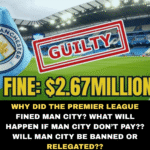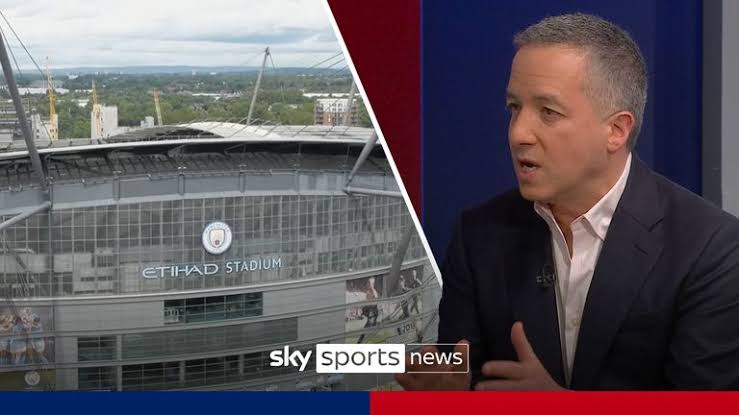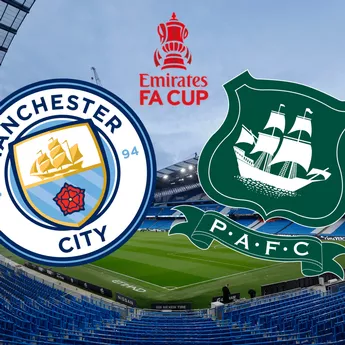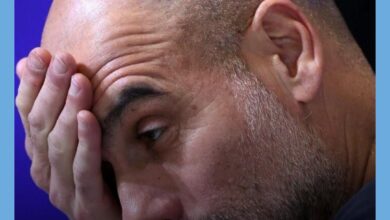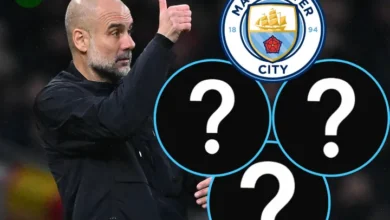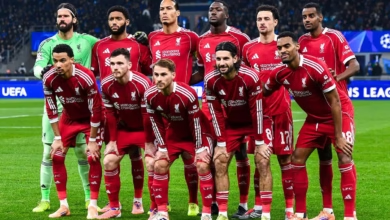UEFA ‘make decision’ on drastic rule change for Champions League knockout matches
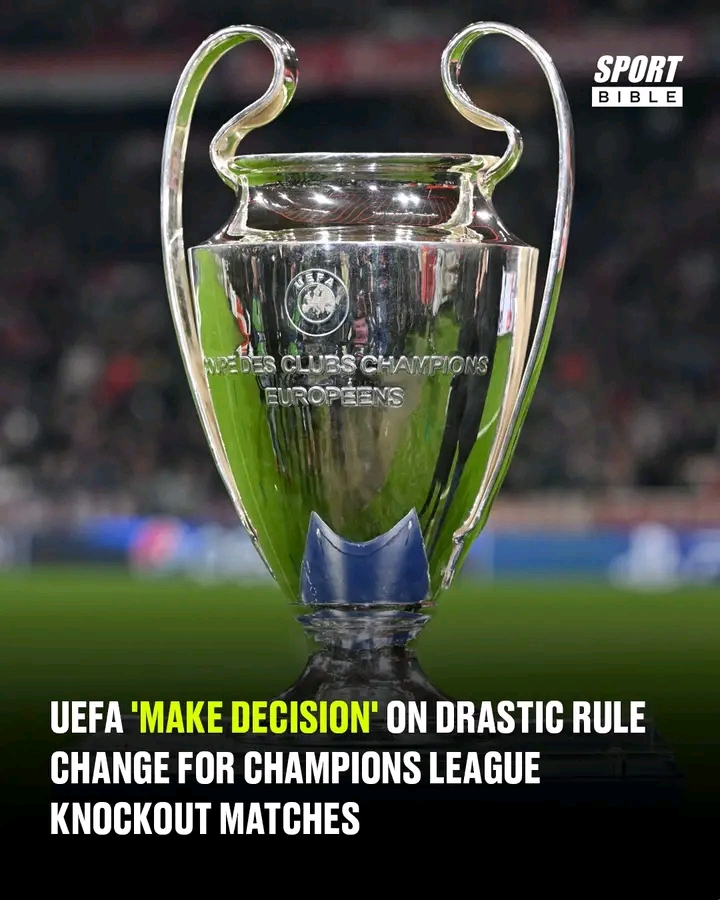
UEFA has made a decision regarding a potential change to Champions League knockout rules. There was a proposal to remove extra time from the knockout rounds of UEFA club competitions. This would have meant matches tied after two legs would go straight to penalties. The idea was discussed by UEFA’s club competitions committee. The main reason for the proposal was to reduce the physical burden on players. The football calendar is becoming more congested every year. Players are being asked to perform in high-level matches across the season and also during the summer. Many top players now participate in international tournaments after long club seasons.
This has caused concern among clubs and players regarding recovery time. The suggestion to scrap extra time came from those who believed the players needed more protection. They felt that cutting extra time would ease the physical demands. But UEFA has now decided not to move forward with this proposal. The current format of 30 minutes of extra time after a tie remains in place.
UEFA believes extra time still plays an important role in deciding matches fairly. They ruled out going directly to penalties after 90 minutes. There were also concerns that such a rule change could affect the integrity of the game. It was suggested that weaker teams might play defensively to force penalty shootouts. UEFA officials feared this would lead to more negative football. They believe playing extra time provides a better chance to determine a winner through normal play. Penalty shootouts are seen as more random and less fair. Since 2021, UEFA has already made changes to knockout formats. The away goals rule was removed to make ties more balanced. This was a significant shift and changed how teams approached two-legged ties. Since then, 37 Champions League matches have gone to extra time. Out of those, 15 were decided by penalties. In the Europa League and Conference League, over half of extra time ties ended with shootouts. Despite these numbers, UEFA still thinks extra time has value.
They want to avoid matches becoming penalty lotteries too quickly. UEFA’s decision was also influenced by the lack of any move from IFAB. IFAB is the body that sets the global laws of football. However, IFAB has not been asked to make a universal ruling on extra time. UEFA believes it is within its rights to manage its own competitions. So, extra time will continue to be used in Champions League, Europa League, and Conference League knockout stages. This decision could influence other competition organisers. Some may have been watching UEFA to see if they would lead the way in making this change. But UEFA’s decision to keep extra time may slow down any wider movement. It seems UEFA prefers to stick with tradition in this case.
Their aim is still to improve player welfare but not through removing extra time. Instead, they might look at other solutions in the future. These could include fixture scheduling or squad rules. Many clubs support any moves to reduce player workload. However, the balance between fairness, entertainment, and player health is complex. UEFA has to consider all sides before making any drastic change. While penalties are dramatic and exciting, many believe they are not the best way to settle important matches. UEFA agrees that extra time offers teams a better chance to win through gameplay. It also allows teams to make tactical changes and adjust strategies. Sometimes extra time produces memorable moments in football history.
Removing that part of the game would be a big loss in the eyes of many fans. So, for now, the format remains the same. If teams are tied after two legs, they will play 30 minutes of extra time. If still tied, the match goes to a penalty shootout. UEFA will continue to monitor how the format works and listen to feedback. But they are not ready to make this particular change yet. This decision came after debate among committee members. It shows UEFA is listening but also acting cautiously. They want to protect the game’s traditions while also supporting modern needs. Changes to such long-standing rules are not made lightly. There was pressure from some clubs and associations to move forward with the change. But ultimately UEFA felt that it wasn’t the right time. There are concerns that big changes can lead to unintended consequences.
They also need to think about the fan experience. Fans enjoy the drama of extra time and the tactical twists it brings. Going straight to penalties might reduce the spectacle of a match. UEFA has made other changes in recent years, such as the format of future Champions League competitions. The new Swiss model format coming into effect is a big shift. But not every part of the tournament is changing. Keeping extra time as it is shows that UEFA still values traditional aspects of the competition. The balance between evolution and tradition is always hard to manage. UEFA has to consider player health, fan interest, competition integrity, and fairness. Removing extra time might ease player workload slightly. But it could make matches feel less complete or fair.
So, they decided against it. The debate will likely continue in future seasons. Clubs may push for change again if fixture congestion increases. UEFA may also review the decision if more evidence shows extra time is harmful to players. For now, nothing changes. The format remains familiar to fans. Matches tied after 90 minutes in the second leg will still have 30 minutes more to find a winner. If still level, then the match will be decided by penalties. UEFA continues to monitor the impact of their previous rule change regarding away goals. That change was significant and affected match outcomes. It made ties more level but also led to more matches going to extra time. Despite that, UEFA does not want to remove extra time completely. They see it as a key part of competitive football. Other competitions may take note of UEFA’s position.
Domestic cups and lower leagues sometimes go straight to penalties. But UEFA competitions are among the most prestigious. Their decisions carry weight across world football. If UEFA had removed extra time, other bodies might have followed. Now they may hold off. It seems the conversation about fixture congestion and player welfare will continue. Clubs, players, and fans all have a stake in how the game evolves. UEFA has shown it is willing to listen but not rush. The idea of going straight to penalties may return in future discussions. For now, however, UEFA is keeping things the same. Extra time remains part of the Champions League, Europa League, and Conference League. Players, coaches, and fans will continue to see the drama of those additional 30 minutes. Whether defending a lead or chasing a goal, extra time adds to the excitement.
Some will welcome UEFA’s choice to preserve this part of the game. Others may feel they missed a chance to make the schedule easier for players. But the decision has been made. UEFA will revisit the issue only if new reasons emerge. For now, the Champions League knockout matches will stick with tradition. Teams will need to prepare for the possibility of playing 120 minutes. Fans will keep watching those dramatic moments unfold in extra time. Coaches will continue planning for the extra period. And players will keep pushing through those final minutes, knowing one goal could decide their fate. UEFA has chosen stability over change for now. The debate is not over. But extra time lives on.



